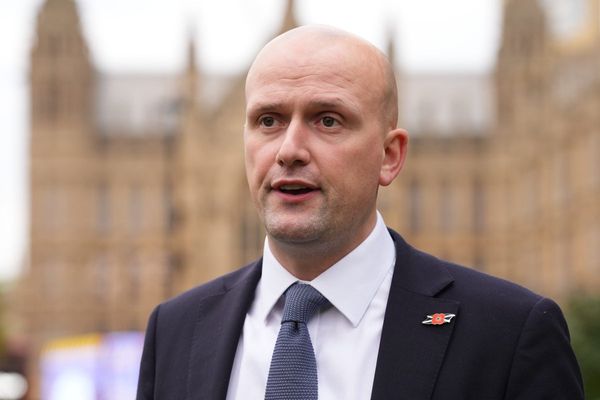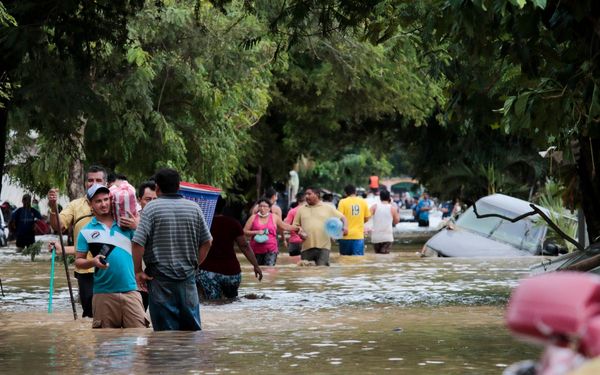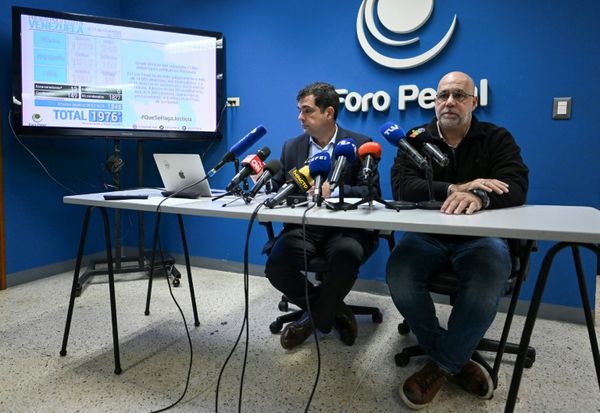Almost a quarter of Queensland's sudden and unexpected deaths in infancy (SUDI) happen in families known to the child protection system, with many occurring in hazardous sleep environments, new research shows.
Of the 661 cases of SUDI registered in Queensland in the 16 years between 2004 and 2019, about 24 per cent involved families known to the Department of Children, according to a report prepared for the state's Child Death Review Board.
The proportion of all Queensland children known to the child protection system is about 8 per cent.
Child Death Review Board chair Luke Twyford said the board commissioned research by the Queensland Paediatric Quality Council, which suggested at least some of the SUDI deaths were preventable.
"It's very clear that across the last 20 years, our understanding as a community of sudden unexplained deaths has improved and that, in fact, the death rate has been dramatically reduced because of our community-based education and our research and understanding of how to prevent infant deaths," Mr Twyford said.
"But … this research shows vulnerable families are not able to access those messages or do not have the capacity to respond to what those messages are saying.
"We do see, unfortunately, the lives of infants being lost in families that are struggling and are at the lower end of socio-economic status in our communities – families who don't have a house, who are unemployed, who have substance misuse issues, we see their infants dying at a much higher rate from SUDI."
'It's broader social and economic disparity'
SUDI relates to deaths of children less than a year old that occur unexpectedly during sleep or in an environment in which the infant was placed to sleep with the cause of death not immediately obvious.
Mr Twyford, who is also the Queensland Family and Child Commission chief executive, said the research clearly showed most SUDI deaths that happened in families known to child protection services occurred in highly hazardous sleep environments.
"This is where infants and adults are sleeping on a couch or are sharing a mattress, that they're frequently sharing a sleep surface and that there is parental smoking, alcohol, substance misuse," he said.
"It's that broader social and economic disparity that we see – the families with high unemployment, homelessness and an inability or lack of capacity to provide safe sleep care and safe home environment is really where SUDI deaths are over-represented.
"We're not talking in these instances about violence against the child. We're talking about sudden and unexpected deaths."
Smoking a factor
The report promotes a harm-reduction approach, which empowers families to make changes.
For example, the researchers suggest encouraging parents to reduce their tobacco consumption and to smoke outside or away from their infants, rather than an approach focused solely on smoking cessation.
"A non-judgemental, culturally sensitive, personal approach that provides evidenced-based advice on which families can draw to make decisions is needed," the report said.
"Tailoring safer sleep conversations with families' own experiences may provide a platform for advice to be accepted. Interventions that respond to a family's unique circumstances, concerns and needs are more likely to be effective than a 'one size fits all' response that is used across all audiences."
The report said infant safe sleeping practices should be the responsibility of all services involved with vulnerable families, both government and non-government, and not just confined to health organisations.
"We expect nurses to be able to help a mother with safe sleep practices, but it's often other workers – police officers, child safety officers and non-government officers – that are entering the house more regularly that are able to provide that advice," Mr Twyford said.
He also called for more funding for programs that have been successful in reducing SUDI deaths, such as the Pepi-Pod program – where portable infant beds, which create a zone of physical protection for a baby, are supplied to expectant new mothers, along with personalised education about infant breathing and safe sleeping strategies.
The research is available at cdrb.qld.gov.au.







